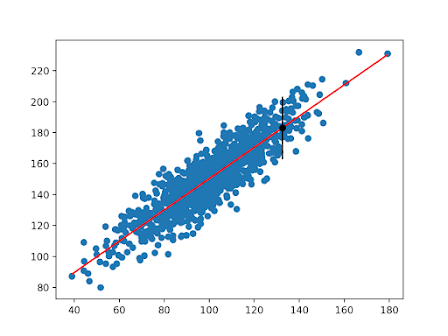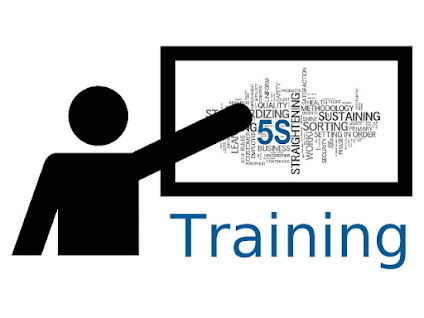Correlation and Regression Analysis Training: Unraveling the Power of Data Relationships
In the realm of data analysis, Correlation and Regression Analysis stands as two powerful statistical techniques that illuminate the relationships between variables and empower data-driven decision making. By understanding the extent of relationships between variables, decision makers gain valuable insights into patterns, trends, and potential dependencies that influence outcomes.
Both Correlation and Regression Analysis are indispensable tools across various fields, including:
- Social Sciences: In psychology, sociology, and economics, these analyses unveil relationships between human behaviors and outcomes.
- Business and Finance: Correlation and Regression help in market research, predicting financial trends, and assessing the impact of business strategies.
- Healthcare and Medicine: In medical research, these analyses identify links between risk factors and health outcomes.
- Natural Sciences: In fields like ecology and environmental studies, they assess the interactions between ecological variables.
- Quality Control and Manufacturing: Correlation and Regression enable the identification of factors affecting product quality and process efficiency.
Different Types of Correlation Coefficients
- Pearson Correlation Coefficient: This measures the strength and direction of a linear relationship between two continuous variables. It is most appropriate when the relationship between variables is approximately linear.
- Spearman Rank Correlation Coefficient: Unlike Pearson, Spearman assesses the relationship between two variables based on their ranks rather than their actual values. It is suitable for non-linear and non-parametric data.
- Kendall's Tau: Similar to Spearman, Kendall's Tau is a non-parametric correlation measure that uses rank data to assess the strength and direction of association between two variables.
Understanding these different types of correlation coefficients allows researchers to choose the appropriate method for analyzing data based on the nature of the variables and the assumptions of the analysis.
Benefits of Correlation and Regression Analysis Training
Correlation and Regression Analysis training holds the key to unlocking the full potential of data analysis and predictive modeling for individuals and researchers. This specialized training empowers professionals with a range of benefits that enhance their expertise and impact:
- Data Literacy and Interpretation: Correlation and Regression Analysis training provide individuals with a deeper understanding of statistical concepts and the ability to interpret complex data relationships. Researchers become adept at deciphering correlation coefficients and regression coefficients, translating these insights into meaningful conclusions.
- Evidence-Based Decision Making: Armed with the skills of Correlation and Regression Analysis, professionals can make informed decisions based on empirical evidence. This data-driven approach fosters confidence in strategic choices, as decisions are grounded in rigorous statistical analysis rather than intuition alone.
- Predictive Modeling and Forecasting: Regression Analysis training equips researchers with the ability to build predictive models that forecast future outcomes based on historical data. This skill is invaluable in scenarios where understanding the influence of variables on an outcome is critical for planning and optimization.
- Identifying Key Factors and Trends: Correlation Analysis enables individuals to identify key factors that influence specific outcomes. By understanding the strength and direction of relationships between variables, researchers can focus on the most impactful drivers and develop targeted interventions or strategies.
- Problem Solving and Hypothesis Testing: Correlation and Regression Analysis training provide researchers with powerful tools for hypothesis testing and problem-solving. They can evaluate the significance of relationships between variables and draw evidence-based conclusions to address research questions effectively.
In conclusion, Correlation and Regression Analysis training empowers individuals and researchers with a host of benefits, from enhanced data literacy and evidence-based decision making to predictive modeling and problem-solving capabilities. Armed with these skills, professionals can uncover valuable insights, address complex research questions, and contribute significantly to the advancement of knowledge in their respective fields. The transformative impact of Correlation and Regression Analysis training is undeniable, paving the way for data-driven success and informed choices in an increasingly data-rich world.




Comments
Post a Comment